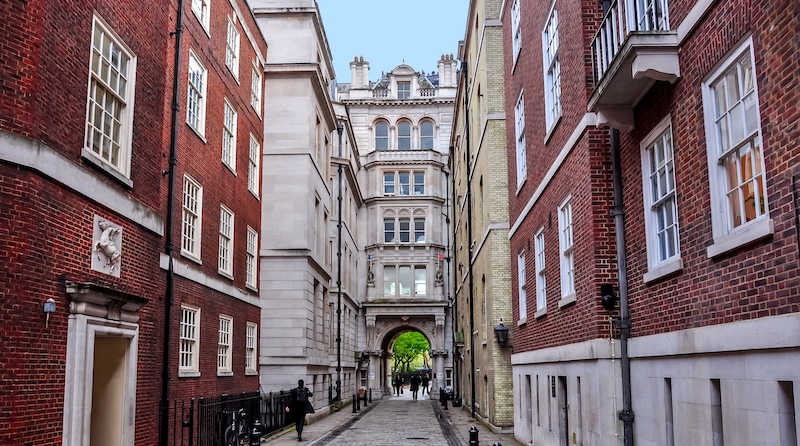Spill the (chambers) tea… ☕

Last week, Legal Cheek launched an open thread exploring solicitor salaries after the training contract — aiming to shed light on an area often shrouded in secrecy.
Over 160 comments later, the thread has become a treasure trove of pay insights from some of the country’s top law firms. That said, a word of caution: the information isn’t verified, so make sure to do your own research too!
But with several baby barristers reaching out to us in response, it’s clear they’re feeling left out, and calling for a dedicated thread of their own.
One young barrister emailed us to say:
“I saw your recent open thread on NQ salaries and bunching. I think it’s a great idea as so many firms are opaque about earnings. Would you be able to create a similar thread for earnings for baby/”junior junior” barristers? Many chambers are also very opaque about the earning potential of their juniors. I would find it helpful to have some transparency for not just current barristers but also students looking at the bar.”
We’re happy to oblige. Whether it’s commercial, civil, family, criminal — or any other area for that matter — if you’ve got the inside scoop on barristers’ earnings at a particular set, share it in the comments below.


